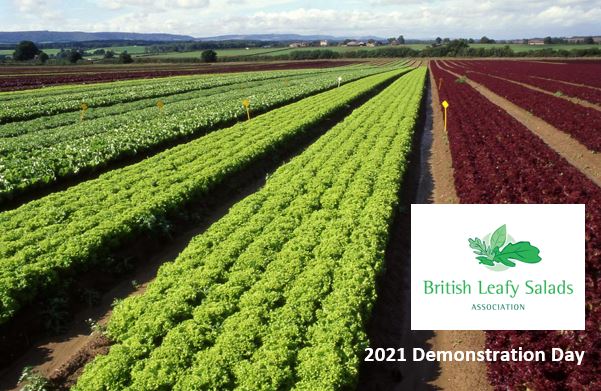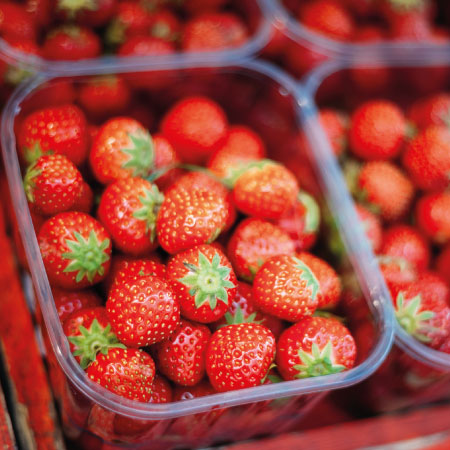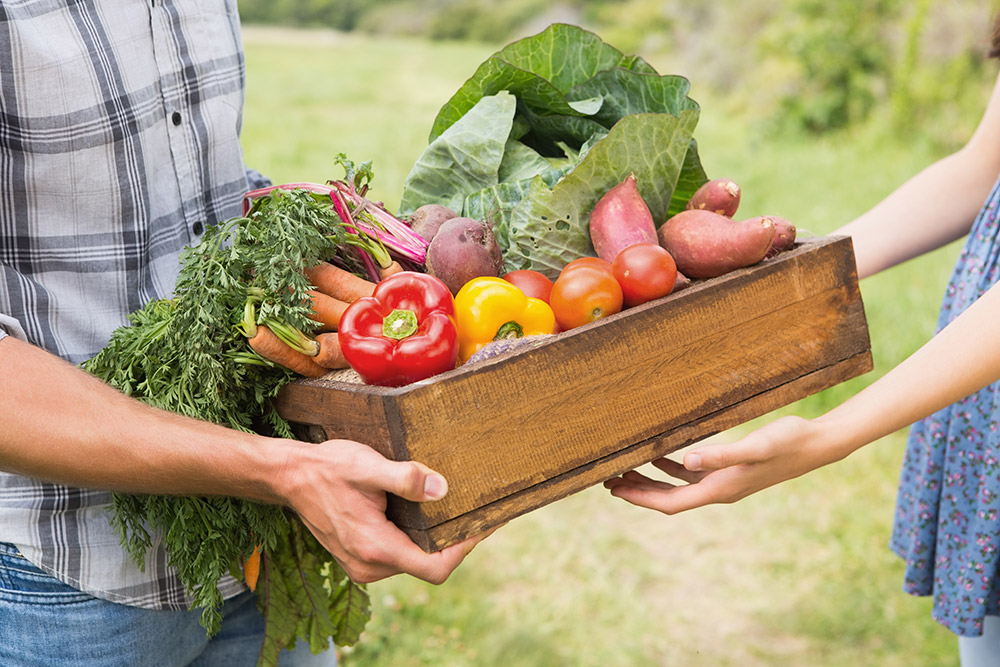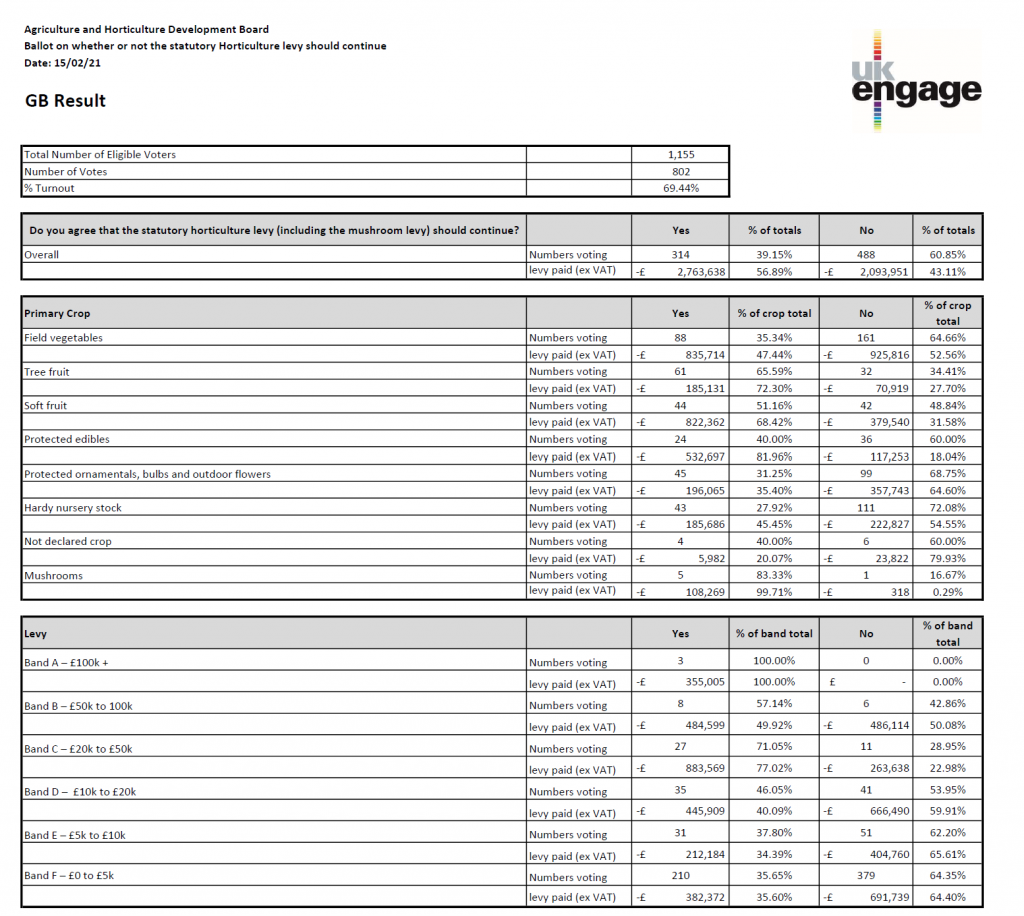WRAP, the UK’s leading sustainability charity, has reported a huge rise in surplus food redistribution during lockdown with the equivalent of more than 220 million meals worth of food prevented from going to waste by food businesses through partnerships with charitable and commercial redistributors, helped by funding from UK governments.
WRAP’s report ‘Surplus food redistribution in the UK 2015 – 2020’ shows the following:
- More than 92,000 tonnes of surplus food, worth £280 million – the equivalent of 220 million meals – redistributed in 2020.
- Total food redistributed between 2015 and 2020 amounts to 320,000 tonnes, worth almost a billion pounds (£970 million) and equivalent to more than three quarters of a billion meals (760,000,000).
- Since UK data were first reported (2015), redistribution has tripled. Two-thirds of the total increase in 2020 is from retail and manufacturing, while 23% came from Hospitality and Food Service and farms.
- Chilled foods including fresh meat, fish, eggs, dairy and chilled pre-prepared items made up the largest proportion of surplus food in 2020 (29%), followed by ambient and drinks at 26% and fresh produce at 26%.
The report shows that charitable redistribution has increased 5.5-fold since records began and made up 70% of the total tonnage in 2020, with commercial redistribution showing a 1.6-fold increase since 2015. WRAP also found that while 80% of surplus food originates from retail and food manufacture, an increasing percentage came from the Hospitality and Food Service sector and farms in 2020 – approximately 12% of the total.
Unsurprisingly, surplus food arising due to Covid-19 related disruption to the supply chain contributed significantly to the increases in 2020, linked to around 38% of the total. However, the majority of the increase was unrelated to Covid-19 but driven by the expanding capacity and capabilities of redistribution organisations and continuing growth in the amounts of surplus food businesses are making available, all supported by the work of the Courtauld 2025 Redistribution Working Group.
Grant-funding by Defra facilitated increases in availability, capacity and capabilities, potentially enabling over 50% of the increase in tonnage, and helping to lay the foundations for further increases in the future.
Marcus Gover, CEO WRAP, “Our report shows strong growth, but more needs to be done to meet Courtauld 2025 and UN Sustainable Development Goal 12.3 targets. We know there is the potential to more than double the amount of food redistributed so while I welcome these figures, I would ask all of those involved redouble their efforts and make full use of WRAP’s resources and support. While redistribution is an important tool, it is not the answer to food waste. Priority must be given to reducing surplus and waste in the first place. This is critical for business efficiency and essential if we are to achieve our environmental objectives.”
Grant funding
By December 2020, WRAP had awarded almost £7m to redistribution organisations in England under two government grant schemes: £3.8m through the COVID-19 Emergency Surplus Food Grant to not-for-profit organisations in England, and £3m under the Resource Action Fund Food Waste Prevention Grants to small- and large- scale projects in England.
The COVID-19 Emergency Surplus Food Grant was created from the £18 million Resource Action Fund (managed by WRAP on behalf of Defra to support key policy areas in addition to food). The COVID-19 Emergency Surplus Food Grant was a separate fast-tracked programme launched in early April 2020 in response to the immediate challenges and barriers faced by food redistributors due to COVID-19. In total, 316 emergency grants (including 85 top up grants) were awarded to more than 231 charities from the small community fridge to the largest redistributor across England from Northumberland to Cornwall. The grants brought essential financial support during lockdown that helped many equip themselves to deal with the sudden rise in volume of surplus food available.
This funding follows WRAP’s 2017 pilot Food Waste Reduction Fund of £500,000, and Defra’s 2019 ‘Overcoming Barriers to Redistribution’ Grant scheme which awarded £4.2m. The Courtauld 2025 Redistribution Working Group has been in place to provide a forum for learning and success sharing for grant recipients.
Ben Elliot, Defra’s Food Waste Champion, “These new statistics show significant progress in redistributing more surplus food to those who need it. This is an amazing trend that I urge everyone to help continue in the future.
“Defra supported this effort with over £11m of grant aid to redistributors including £3.8m in Emergency Surplus Food Grants, to support redistributors during the Coronavirus response.
“I encourage all businesses and organisations to work with redistributors and to get more surplus food identified and redistributed.”
Defra Food Waste Prevention Minister Rebecca Pow, “The UK is committed to preventing food waste and I am pleased to see that the amount of surplus food redistributed continues to increase, with food worth £280m redistributed in 2020 alone.
“Our funding supported this great effort and helped redistribution groups manage more food surplus and get it to those need it. But we cannot rest on our laurels. I encourage all businesses to help and to ensure surplus food is redistributed.”
Own label focus
WRAP evidence shows the potential to more than double redistribution from the supply chain. In particular, the Courtauld 2025 Redistribution Working Group highlighted significant opportunity for suppliers to redistribute more retail own-label food items. Currently, only a limited number of redistribution organisations have authorisation from retailers to redistribute own-label surplus from the supply chain, and there are restrictions on the types of food that are redistributed.
With many suppliers producing own-label food for multiple retailers, WRAP’s Working Group developed new best practice in the form of ‘Guidance on redistributing own-label products within the supply chain’ to enable more surplus to be redistributed, to more organisations across the UK.
This Best Practice guide identifies how a more consistent approach can be taken to the redistribution of surplus retail own-label food, which will result in more food being made available to more redistribution organisations – whist maintaining food safety and brand integrity. WRAP also identified a wide variation in the extent to which own-label products are prioritised for redistribution and urges retailers and suppliers to fully implement these guidelines. This Best Practice guide couldn’t be produced without collaboration through a Working Group like WRAP’s Courtauld 2025 group.
Susan Thomas, Senior Director, Sustainable Commerical Activities at ASDA, “At Asda we are committed to redistributing as much food surplus as possible and are proud to have doubled the volume of food donated directly from our stores and depots during the past year. To ensure that as little food is wasted as possible, we also want to help make redistribution simple further up the supply chain. The WRAP redistribution best practice guide identifies a consistent approach which will help make redistribution quick and easy for our suppliers.”















